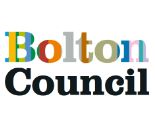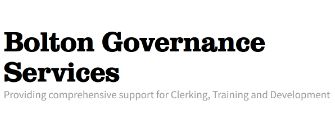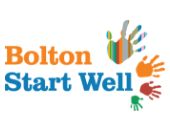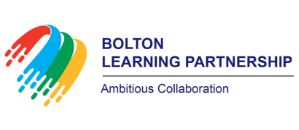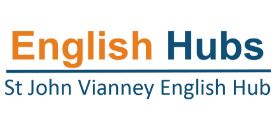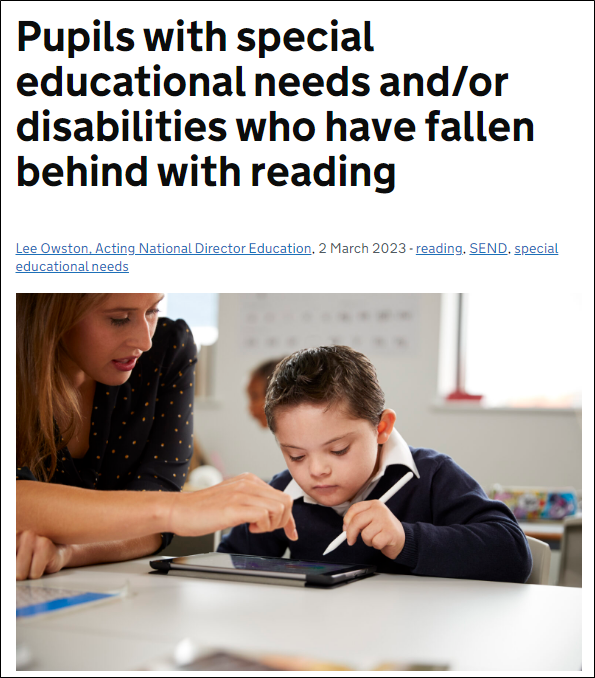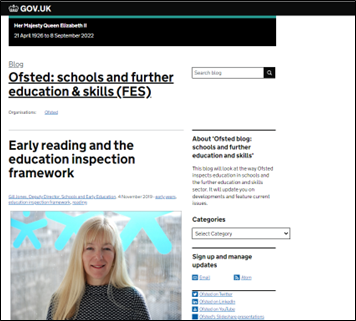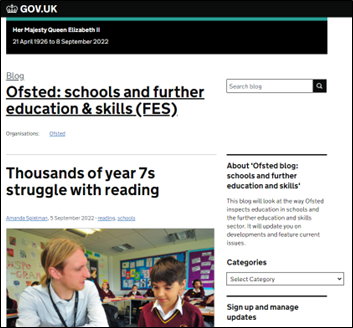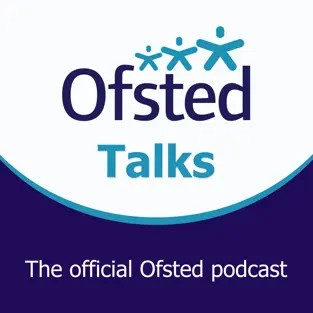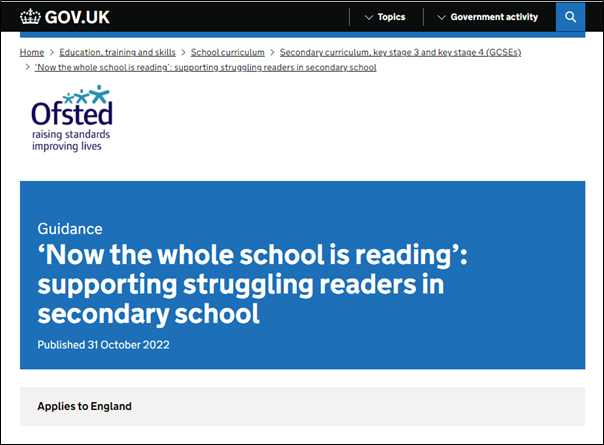Ofsted
Reading is a priority within OfSTED’s EIF. How would you summarise reading in your school within a few sentences as in an Ofsted report?
‘Reading is prioritised by leaders and staff.’
‘Pupils enjoy reading.’
‘Pupils read with fluency and understanding.’
‘Pupils who need to catch up receive effective support.’
‘Pupils talk with enthusiasm about books and authors.’
‘All staff are well trained in the teaching of phonics and reading.’
Blog – Pupils with special educational needs and/or disabilities who have fallen behind with reading
Posted by: Lee Owston, Acting National Director Education. Click HERE to read more.
Blog – Gill Jones HMI, November 2019
This blog will look at the way Ofsted inspects education in schools and the further education and skills sector. It will update you on developments and feature current issues. Click HERE to read more.
Amanda Spielman, Her Majesty’s Chief Inspector, writes about the importance of reading – and the need to help struggling readers as they start secondary school. Click HERE to read more.
Ofsted’s Kirsty Godfrey HMI, Phil Minns HMI and Ivana Vidakovic, from Ofsted’s research and evaluation team, gave a talk and Q&A at the Wellington Festival of Education held in summer 2022. It covered phonics, the importance of encouraging a love of reading, and helping struggling secondary aged readers.
Click HERE to listen to the podcast
Ofsted Handbook (July 2022), para. 241-245:
Early stages of learning to read
[expand title=”Click here to read more on EEF Literacy” tag=”h3″]
241. During all inspections, inspectors will be interested in how the school supports pupils who are at the early stages of learning to read, including older pupils. This is especially the case because of the disruption to learning caused by the COVID-19 pandemic.
242. On inspections of infant, junior, primary and lower-middle schools, inspectors will carry out a deep dive to evaluate how well pupils are taught to read. They will pay particular attention to pupils who are reading below age-related expectations (the lowest 20%) to assess how well the school is teaching phonics and supporting all children to become confident, fluent readers. This will include understanding how reading is taught remotely, where applicable.
243. Inspectors will listen to several low-attaining pupils in Years 1 to 3 read from unseen books that are appropriate to their stage of progress. They should also draw on information from the school’s policy for teaching reading, phonics assessments, phonics screening check results and lesson visits.
244. Wherever possible, inspectors will listen to children read to a familiar adult in a classroom or in an open area that the pupils are familiar with. They will take into consideration the length of time a pupil has attended the school.
245. In reaching an evaluation against the ‘quality of education’ judgement, inspectors will consider whether:
- the school is determined that every pupil will learn to read, regardless of their background, needs or abilities. All pupils, including the weakest readers, make sufficient progress to meet or exceed age-related expectations
- stories, poems, rhymes and non-fiction are chosen for reading to develop pupils’ vocabulary, language comprehension and love of reading. Pupils are familiar with and enjoy listening to a wide range of stories, poems,
rhymes and non-fiction - the school’s phonics programme matches or exceeds the expectations of the national curriculum and the EYFS early learning goals. The school has clear expectations of pupils’ phonics progress term by term, particularly from Reception to Year 2
- the sequence of reading books shows a cumulative progression in phonics knowledge that is matched closely to the school’s phonics programme. Teachers give pupils sufficient practice in reading and re-reading books that
match the grapheme–phoneme correspondences they know, both at school and at home - reading, including the teaching of systematic synthetic phonics, is taught from the beginning of Reception
- in Reception, staff teach children to read systematically by using synthetic phonics and books that match the children’s phonic knowledge
- the ongoing assessment of pupils’ phonics progress is sufficiently frequent and detailed to identify any pupil who is falling behind the programme’s pace. If they do fall behind, targeted support is given immediately
- the school has developed sufficient expertise in the teaching of phonics and reading [/expand]
Ofsted carried out a research project on struggling readers in secondary schools. This report sets out the findings and recommendations. Click HERE to view the report.

